Noisy Breathing in Babies: What is Normal and What is Not Normal
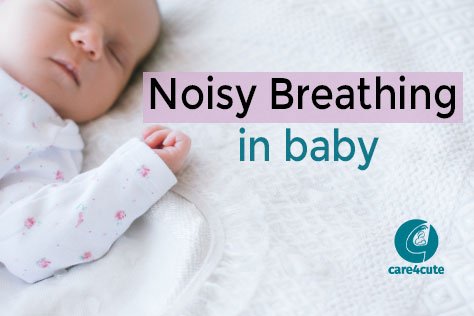
Noisy Breathing in Babies: What is Normal and What is Not Normal
The term sleeping like a baby can have a completely new meaning for new parents. This is not just due to newborns being very wakeful but they can also be very loud during sleep.
A newborn breathes more rapidly than an adult. This is because they don’t have the lung capacity to hold a lot of oxygen like adults so they need to breathe more. An adult takes about 18-20 breaths in a minute but a newborn baby breathe around 40-60 times/minute.
An infant’s breathing is not rhythmic; they take lots of rapid, sometime shallow breaths - almost like they are panting. Sometimes they take longer breathe, sometimes slower breaths followed by shallower ones. Then they may pause for a couple of seconds and not take a breath at all. This is called “periodic breathing”. It is completely normal in healthy babies.
In some cases, noisy breathing is caused by the sound of the air flowing through the saliva at the back of the baby’s throat. Unlike adults, babies are unable to clear their throat with cough when they want to, or consciously control their own breathing.
Sometimes it is very helpful to use normal saline nasal drops. These liquefy the nasal secretions and help to clear mucous which may be obstructing the baby’s nostrils. However, before doing this, consult with your child’s doctor and make sure there is no other medical cause for the noisy breathing.
These are some reasons of baby’s noisy breathing:
- Infant’s airways are small. This means they can’t breathe in a lot of air at the one time. They need to inhale and exhale more frequently than adults.
- A newborn has a very small nose. Their nostrils are very narrow so it can produce more sound then adults.
- Sometime baby’s nose can blocked with mucous.
- Babies breathe in and out through their nose only so if there is nasal congestion, this makes breathing noisier.
- Excessive saliva in the back of their throat because they are unable to clear their throat.
Some time babies grunt and groan like they’ve really got something to consult about. Many times they will also sneeze, snore, hiccup and cough even in their sleep. But as long as the baby is healthy, feeding well and reaching their milestones on time, there is generally nothing to be concerned about. Sometime medical conditions can be the cause of noisy breathes like Laryngomalacia.
Laryngomalacia:-
Laryngomalacia is a condition where the tissues above the larynx, are not as firm as it should be. Babies with Laryngomalacia have on and off, noisy breathing when they take a breath in. It is more often when they are crying or feeding.
Usually Laryngomalacia is diagnosed within the first couple of weeks of life. Normally it is self resolved by around 12-18 months of age when the floppy cartilage develops more tone. Laryngomalacia generally doesn’t need any specific treatment.
Generally by around six months of age, babies stop obligatory nasal breathing. Like adults, they now have learnt how to breathe in through their nose and breathe out through their mouth.
Once baby is closer to six months, their airways will also be a little larger and their swallowing ability has developed more and they will be less noisy.
When to consult a doctor:-
- If your baby is having cough or wheezing.
- If your baby has fever.
- If your baby has signs of other illness.
- If you see the chest area “sucked in” as they breathe. This can indicate they are using other muscles to get air in and out of their lungs and it can be dangerous like pneumonia.
- If you are concerned or worried and baby looks sick.








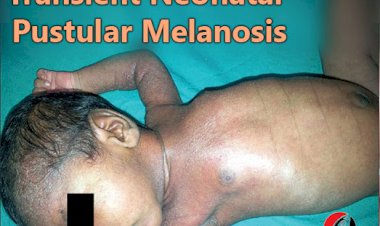

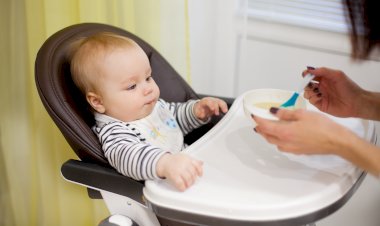















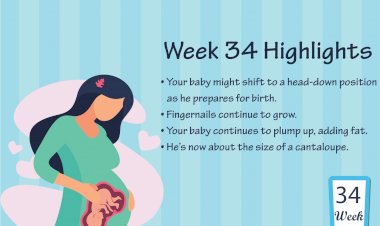





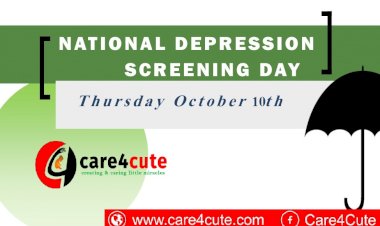
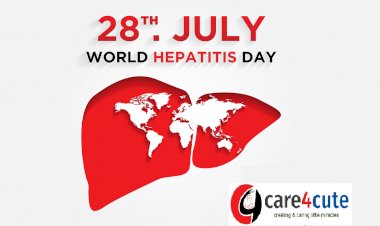

Comments (0)